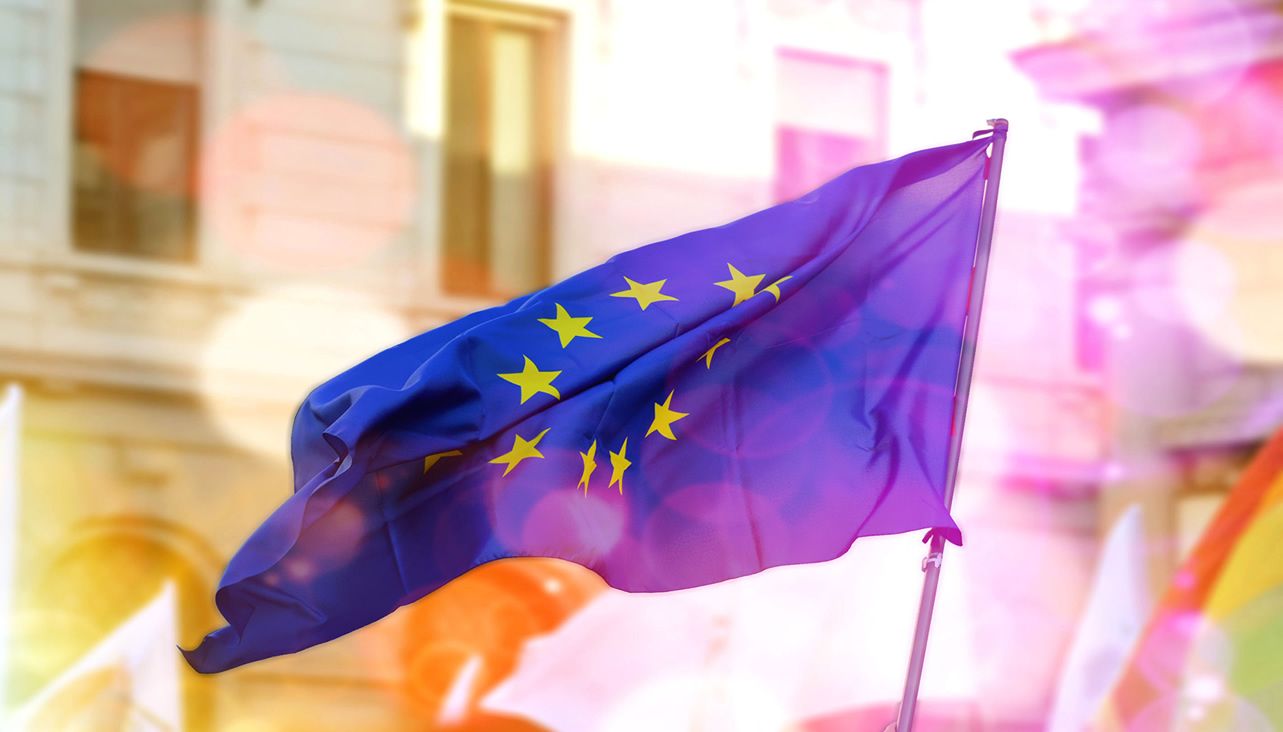Euro Set To Rise Amid Falling Political Risk and as ECB Heads for the Exit
-Euro rebounds as Italy says will stay in Euro, repay debts.
-Rumours ECB will soon end QE programme offer support.
-But Trump's angry tweets throw automotive spoiler into mix.

© Lisa L, Adobe Stock
The Euro has started the week stronger, rising against all of its developed world rivals, as Italian political risk melts away and markets anticipate a step change in European Central Bank monetary policy as soon as this Thursday.
Europe's single currency rose 0.22% against the Dollar Monday, to hover around the 1.1800 mark, and is expected to continue in the same vein during the days ahead. It has now risen close to 300 points since hitting an 11-month low at the end of May.
This comes after new Italian finance minister, Giovanni Tria, told local press he wants to keep Italy in the Euro and make paying off the nation's debts a priority.
Tria's comments are notable given previous efforts by the new coalition government to appoint a Eurosceptic finance minister and earlier reports that League and Five Star Movement officials had considered seeking from Brussels an mechanism through which Italy could depart the Euro.
"This is sufficient for the FX markets to trade the euro stronger. The Italy-induced mini crisis is over and already forgotten," says Ulrich Leuchtmann, head of foreign exchange strategy at Commerzbank.
The single currency has rallied over the last week on expectations the ECB will announce a reduction in its quantitative easing (QE) programme after its June policy meeting this Thursday. The decision is anticipated due to a pick up in growth over the last year that means Eurozone economy no longer requires emergency stimulus.
"We’re on the side of a ‘hawkish hold’ from the ECB this week. That implies that there will be a strong indication that the July meeting will signal a reduction of APP purchases from September (EUR15bln is our guess) until December when the program will end," says Bipan Rai, chief macro strategist at CIBC Capital Markets. "Additionally, we expect that inflation forecasts will be modestly upgraded thanks to the combination of a weaker EUR and firmer oil prices."
Ending QE is important because it would pave the way for the ECB to eventually think about raising interest rates and since higher rates drive up currencies, speculation of an announcement Thursday is positive for the Euro.
Higher interest rates, or hints of them being in the cars, because of the influence they can have over foreign capital that is drawn by the promise of higher returns, and vice-versa.
"Most parties have toned down their rhetoric, we have seen this before from a political to a market perspective, and that should be more supportive of where the Euro is," says Gerard Fitzpatrick, CIO of EMEA Investments at Russell Investments in an interview with Bloomberg News.
Fitzpatrick says the Euro looks like a good buy at current levels given the step-reduction in Italian political risk, the potential for rising interest rates relative to other economies and the attractiveness of European equities.
"I think it is actually quite attractive for a couple reasons, one is on the valuations side from where it sold off, particularly after the concerns last week, that's a pretty attractive entry point to get in, and another is from the potential for rising interest rates in Europe relative to other economies so we would be overweight the Euro," Fitzpatrick adds.
Yet not all analysts say the ECB will adopt such an optimistic stance at the meeting Thursday. The inference being that this could limit upside for the single currency.
"The ECB meeting, in particular, should be interesting, as the QE exit will be on the agenda. We expect dovish accompanying signals and do not share the general market euphoria about the alleged beginning of the end of the unconventional ECB policies," says Commerzbank's Leuchtmann.
Another potential spoiler for the single currency comes from reports President Trump is considering imposing tariffs on automobiles, which would impact negatively on European businesses and some exports to the US.
"Developments at the latest G7 meeting were less favourable and have heightened downside risks to the eurozone. President Trump does not appear in the mood to reverse the recent implementation of import tariffs on steel and aluminium, and further threatened to escalate trade tensions by implementing import tariffs on autos," says Lee Hardman, currency analyst at MUFG.
Advertisement
Get up to 5% more foreign exchange by using a specialist provider to get closer to the real market rate and avoid the gaping spreads charged by your bank when providing currency. Learn more here




